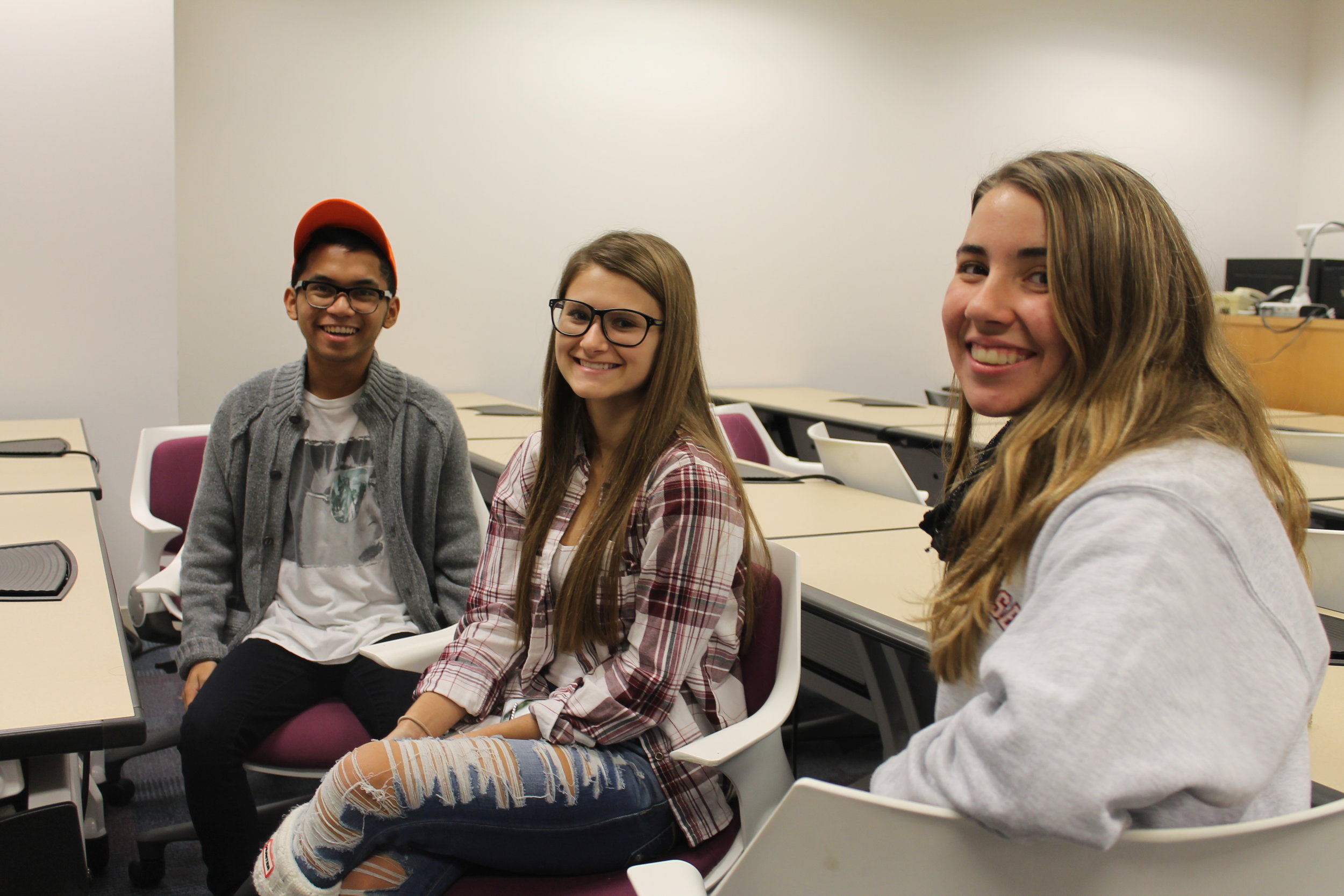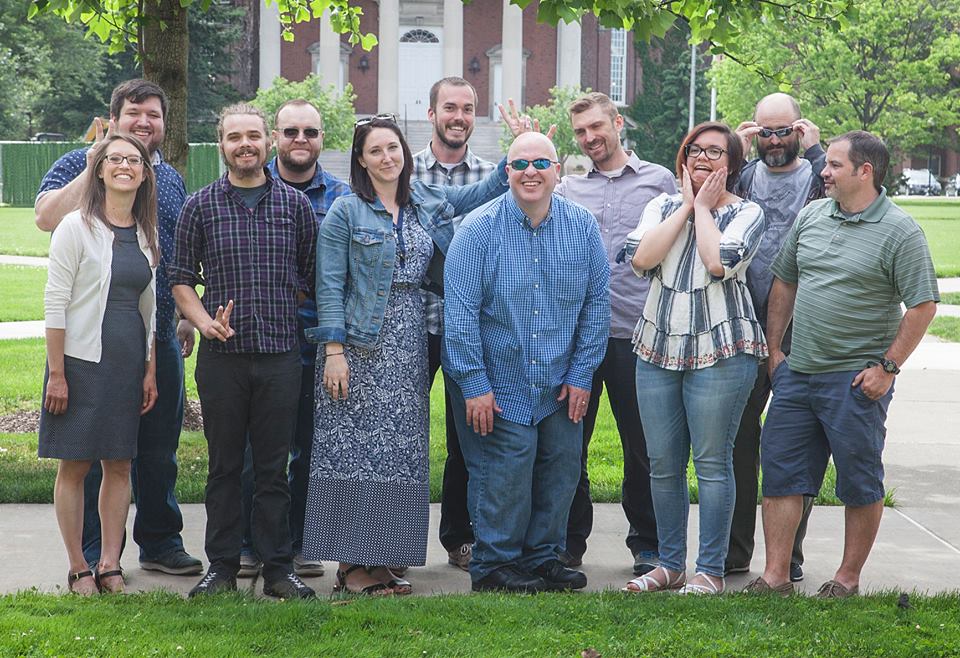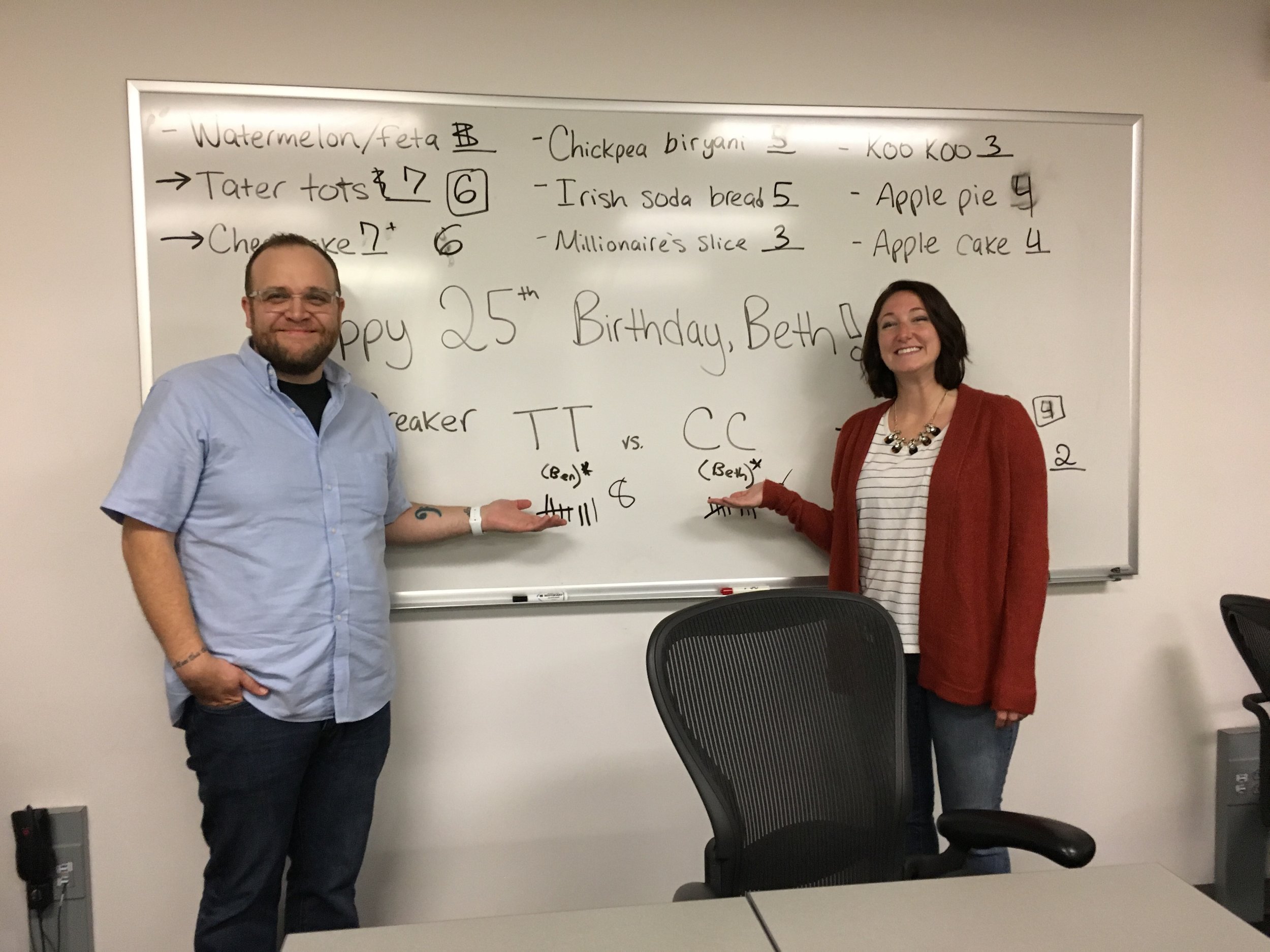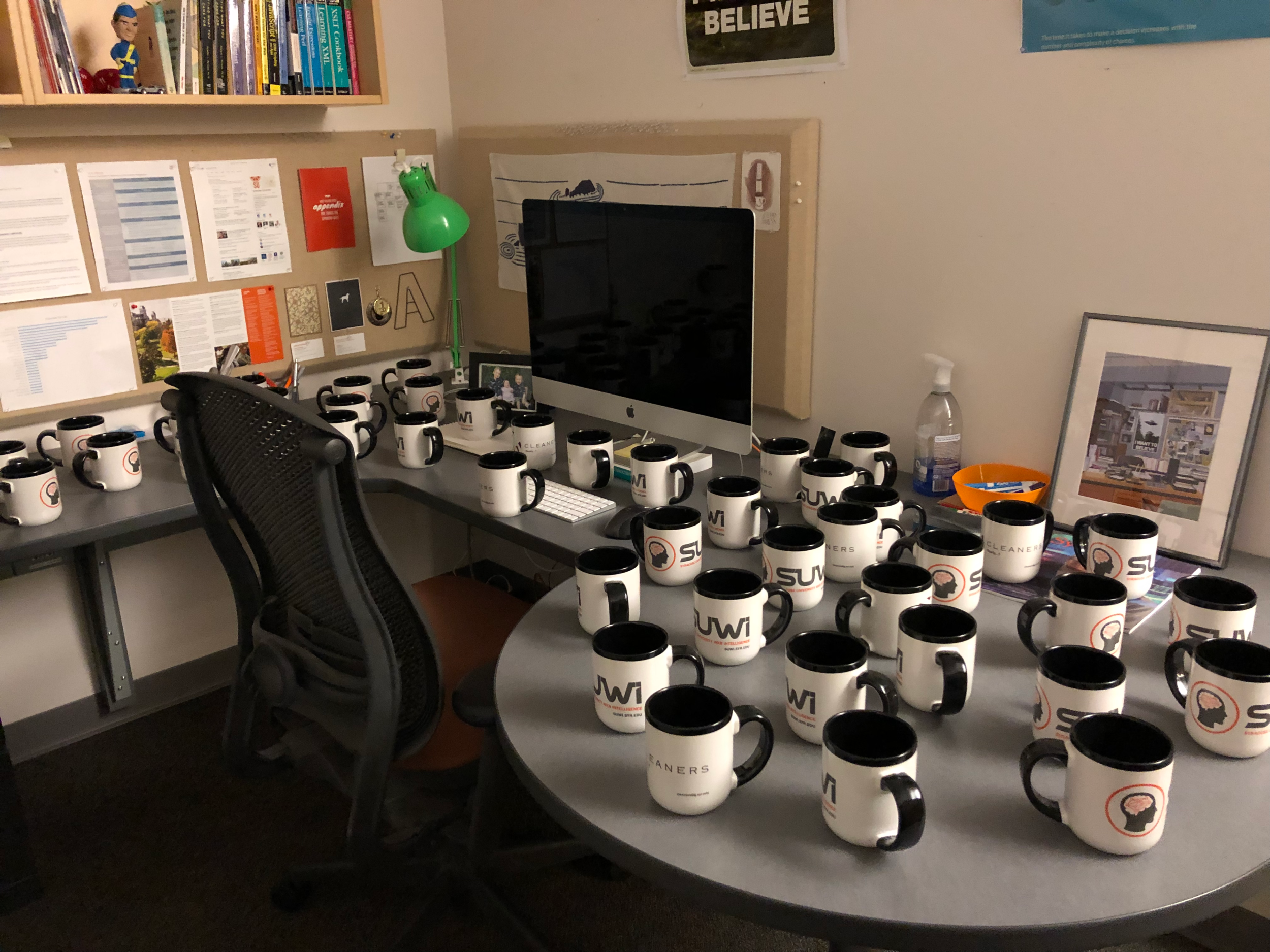I worked in Syracuse University’s Division of Marketing and Communications for almost 3.5 years. During this time, I witnessed many successes, a number of failures, and inevitable, but nonetheless difficult, change. I had the pleasure of working with some immensely talented people during my time at SU and I learned a lot about the challenges and rewards of working in higher education. I know that I’ve found my professional passion and I’m continuing my work today as the new content marketing manager at Moravian College.
If for nothing other my personal record, here are a few lessons I learned along the way:
On Marketing:
Students don’t want to be marketed to. At least not blatantly. Instead, concentrate on providing useful content and informative stories. Let your campaigns show instead of tell. Answer the questions that users are searching for. This will help your SEO efforts in the long run.
Everything leads back to your website. No matter how much work/time/money you put into a TV spot, print advertisement, or campaign, your website is where leads go to flourish or die. If a user visits your site from an advertisement, but can’t easily navigate or find the content that was promised, your work/time/money was a waste. Fix the house’s structure before you add paint to the walls.
Look at the data. Use it to inform ALL of your decisions. And if you can’t interpret the data, get yourself a guy who can. Not a vendor. A full-time employee. And actually listen to what they tell you.
Not everything is a crisis. Save the freak-outs for actual emergencies. (But don’t actually freak out during an emergency because that would be bad.) If your homepage says “asses” instead of “assess,” for a day, it’s not the end of the world. I would know.
If your Chancellor tells you to revert back to “the old website” after launching your two-years-in-the-making, way-more-strategic-than-the-last-one redesign, don’t listen.
On Students:
Interact with the students, even if it’s not in your job description. You’ll develop connections, learn their stories, and find motivation for your work. My favorite experience was volunteering for freshman move-in day.
Hire student employees, if you have the budget, and task them with legitimate projects. They’ll gain meaningful experience and you’ll get valuable face-time with your main audience. There is no greater resource on a college campus. I loved working my student employees (see above)!
Develop partnerships with the student media outlets. They may be students, but they are still professional journalists who are trying to learn from experience and report the truth. Help each other out—it will make your life easier.
On Consultants and Vendors:
Don’t automatically assume that a consult is providing the best solution for your team, institution, or campaign. Question their research. Question their methods. Question their results. You’re paying them a ton of money. It better be worth it.
Write an accessibility clause into all contacts and make sure it is upheld. Otherwise, it will cost you.
Have a good reason for involving a vendor. If there’s a chance it can be done in house, give it the old college try.
Don’t make decisions about “digital marketing solutions” without consulting your IT group. Chat bot installation is never as simple, secure, or accessible as the vendor claims. And the promise of a 500% increase in page views is flat out lie.
On Teamwork and Leadership:
You’ll lead a more successful, efficient, and motivated team if you take into account the skills, talents, and goals of your existing employees when developing a new organizational structure. As opposed to repurposing another institution’s chart and attempting to fit the existing team into it—I promise this won’t end well.
Higher education is a beast not easily learned or conquered. Previous experience is priceless. Outsiders will need time to adjust, but can provide valuable prespective.
Find the employees who are passionate about their work and who are there for the right reasons (to create a better experience for the students). These people aren’t always easy to come by, so do everything in your power to keep them happy and motivated. The happier they are, the better work they will do.
Be transparent. It will always be appreciated.
Be an advocate for your employees. If you have to lay someone off, try your hardest to find them a new job or at least a lead, at your institution or elsewhere. Write a reference. Check their resume. Reach out to your network. Actually give a shit that when you delete a box on your Microsoft Word org chart, you are upending someone’s life.
Hire experts and listen to their advice. No one person can know everything. That’s why you establish a diverse team and make decisions based off experience and expert opinions. If you’re going to override the decisions of your employees at every turn, save yourself some money and don’t bother with the experts.
Learn to play the political game, no matter what level you’re at. If you want the best shot at advocating for the user and your audience, then you need to know the right people. Don’t end up like Ned Stark.
Don’t fire people with white envelops in the back of the room after a division-wide meeting. It’s inhumane and traumatic.
On Office Culture:
Go out for drinks after work. Make friends. Help each other out and be mindful of the difficulties in everyone’s personal life.
Let people wear jeans! And not just on Fridays! Jeans do not affect the quality of one’s work. It is quite possible to look professional, be comfortable, and develop content strategy recommendations all while wearing jeans. “Business casual” is a social construct that I don’t have time for.
Flexibility is key. A culture of fear around running late for an 8 a.m. start time or having to “sneak out” a few minutes early for an appointment is not beneficial. My boss always said, “I pay you to do a job, not to punch a clock.” I appreciated that flexibility. I got my work done and I was far more willing to finish a project or make an ASAP change to the website during off-hours because of it. You get more bees with honey, right?
An office dog is always a good idea. Even if it’s a stuffed animal.
Have cake for birthdays.






